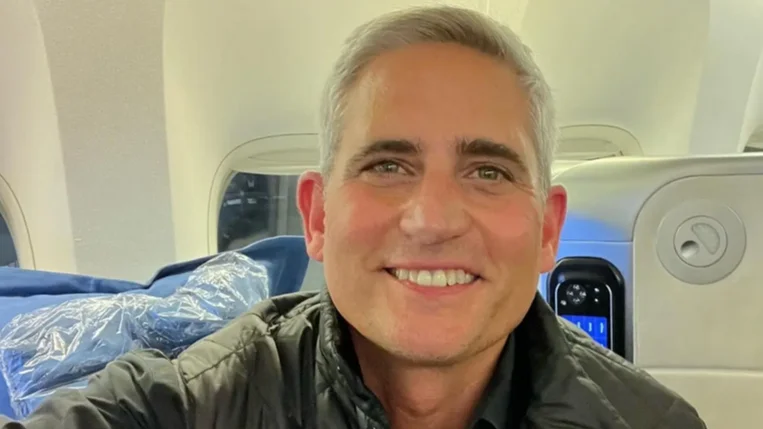Becoming an air traffic controller in the United States involves a selective process managed by the FAA. Applicants must be U.S. citizens under 31 years old—though there are exceptions for those with certain technical backgrounds—and pass security checks and medical requirements. A bachelor’s degree or equivalent work experience is necessary, along with strong English skills and composure during radio communication. Training includes months at the FAA academy in Oklahoma City followed by on-the-job instruction at assigned facilities.
Despite these requirements, interest in pursuing this career has declined due to long training periods, high stress levels, unpredictable schedules, mandatory overtime caused by staff shortages, and relatively modest pay compared to other roles in aviation or related industries. Many new hires must relocate to expensive cities and face demanding work conditions without commensurate financial rewards or job stability.
Other careers within aviation—such as airline network planning, revenue management, aircraft leasing, equity research, consulting, avionics engineering, and software development—often offer better pay and more transferable skills. This makes it difficult to attract new talent into air traffic control positions.
In New York specifically, chronic understaffing persists despite increased overtime pay. In July there were only 133 fully trained controllers available for duty—a number far below what is needed for efficient operation of one of the nation’s busiest airspaces. The FAA has attempted to address this by improving certification processes and partnering with local colleges to recruit candidates likely to stay in their home region.
While efforts are underway to resolve these issues and improve staffing levels at control towers nationwide, progress remains slow due to lengthy training requirements. The continued shortage means existing controllers often work six-day weeks with substantial overtime just to keep operations running safely.
Ultimately, while air traffic controllers remain vital to safe airline travel across the country each day—and passengers rely on their expertise—the path into this profession continues to deter many potential applicants due its demanding nature and limited lifestyle benefits.
 Alerts Sign-up
Alerts Sign-up




































